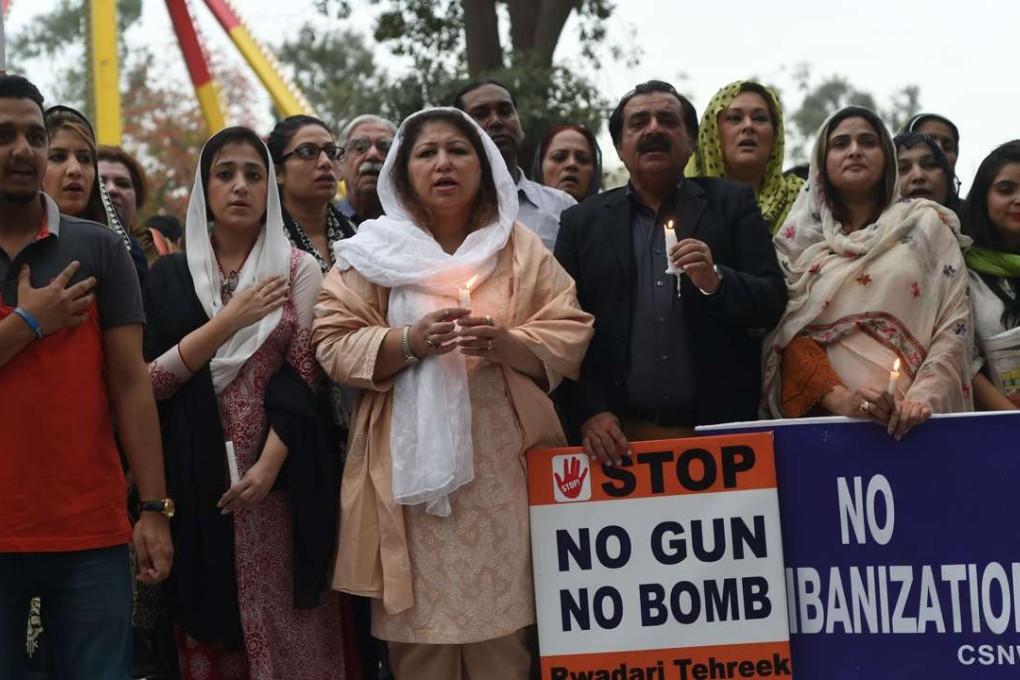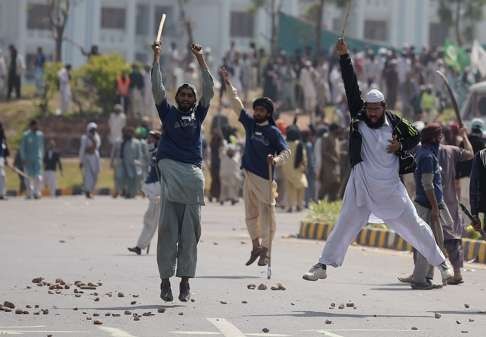Pakistan must stop feeding the terrorism monster it created
K. S. Venkatachalam says the Easter Sunday attack in a Lahore park must serve as a wake-up call to the government and army that their support of militant groups operating abroad must end

Two recent incidents in Pakistan have sent worrying signals about the current state of affairs in the country. One, a devastating terrorist attack at a public park in Lahore, targeted at the Christian community on Easter Sunday; and two, the unprecedented public outpouring of grief shown to Mumtaz Qadri, who was hanged a month ago for killing Salman Taseer, the former governor of Punjab.
If the objective of the Jamat-ul-Ahrar, a Taliban splinter group which claimed responsibility for the attack, was to divide society on religious lines, they failed miserably, as their dastardly act only united the people. In the second incident, more than 100,000 led a protest march at the funeral of Qadri. The Punjab governor was killed after raising his voice against the blasphemy law, which was increasingly being misused against the beleaguered Christian community.

Thousands attend funeral of Pakistani who killed secular governor who wanted to reform anti-blasphemy laws
How does one reconcile these two disparate situations? There are no easy answers. However, a careful study of the growing menace of terrorism in Pakistan shows the role of the state and the army can’t be ignored.
For more than three decades, the army, especially the ISI (Inter-Services Intelligence), has been found complicit in creating a Frankenstein monster called the “Taliban”, mainly to use them in conducting a proxy war against India and Afghanistan. However, what they could not foresee is that one day the same terrorist group would come to haunt them.
In Pakistan, the government and the army have always worked at cross purposes, each trying to assert itself over the other. It is for this reason there is a lack of coordinated effort to tackle terrorism. This situation will not improve until the army realises its folly of supporting terrorist organisations that are inimical to India. The ISI has always supported the Punjab-based militant groups for launching attacks, as long as it is outside of Pakistan.
The government, under Nawaz Sharif, has made phenomenal progress in international relations. Both China and Russia, realising the importance of Pakistan, have made Pakistan their strategic alliance partner to get a toehold in the region.